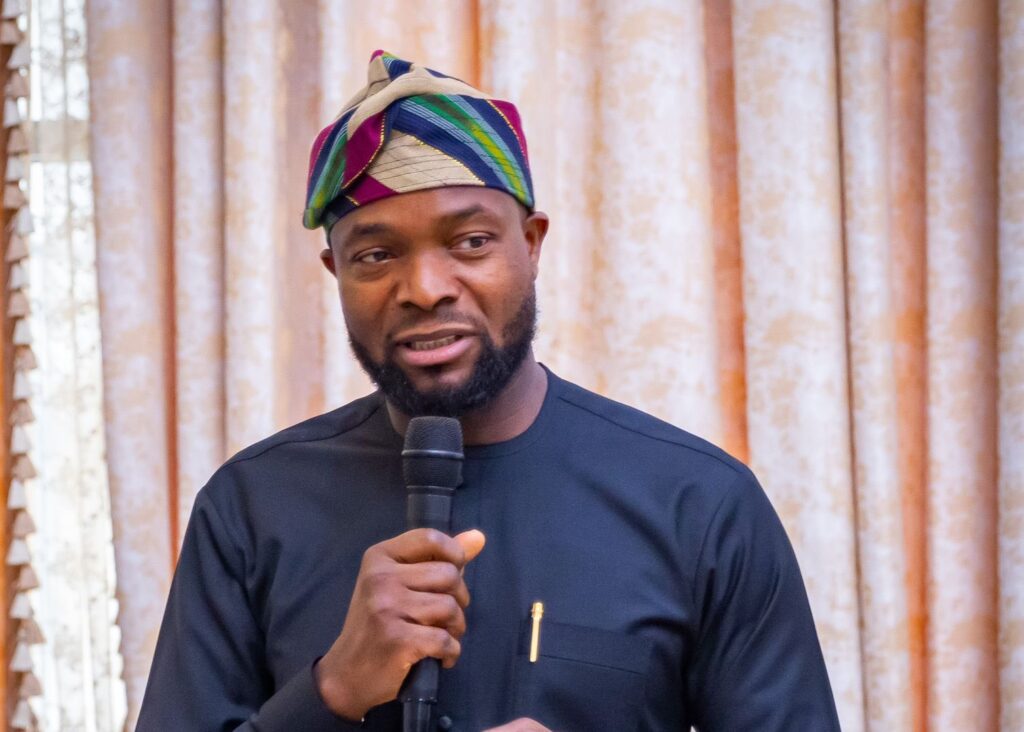Samsung Electronics has announced a plan to buy back 10 trillion won ($7.2 billion) of its shares over the next year, marking one of the largest shareholder return programs in the company’s history.
The repurchase will be carried out in stages, with the first phase involving the buyback of approximately 3 trillion won worth of shares between now and February 2025.
These shares will be canceled. The company’s board will then decide on the best approach for repurchasing the remaining 7 trillion won worth of stock, according to Bloomberg.
Samsung’s stock buyback announcement comes amid growing concerns about the company’s memory chip division, which is facing increased competition from its smaller rival, SK Hynix.
SK Hynix has become the leading supplier of high-bandwidth memory chips to Nvidia, which uses them in its popular AI accelerators.
This has raised worries that Samsung, once the dominant player in the global memory semiconductor market, may be missing out on the rapidly growing AI sector.
In addition, investors are assessing Samsung’s exposure to geopolitical risks, particularly the potential impact of Donald Trump’s protectionist trade policies, given the company’s ties to China.
While Samsung’s shares surged as much as 8.6% on Friday following the buyback news, they are still down 32% for the year.
The company, which is also the world’s largest smartphone maker, is struggling with a broader slump in global consumer electronics sales.
“A lower valuation is justified given trade risks around Korea and also the catch-up in HBM, which will take time, and a weak memory environment,” said Sat Duhra, a fund manager at Janus Henderson Group, referring to high bandwidth memory. “There are better tech stocks to own here — most of them are in Taiwan.”
In October, Samsung reported progress in qualifying and supplying its next-generation AI memory chips to Nvidia.
The company now anticipates that its most advanced HBM3E memory chips will be available for sale in the fourth quarter, according to Jaejune Kim, executive vice president of Samsung’s memory business, during an earnings call.
This development marks a significant step for Samsung as it seeks to regain ground in the high-performance memory market, particularly in the growing AI sector.









